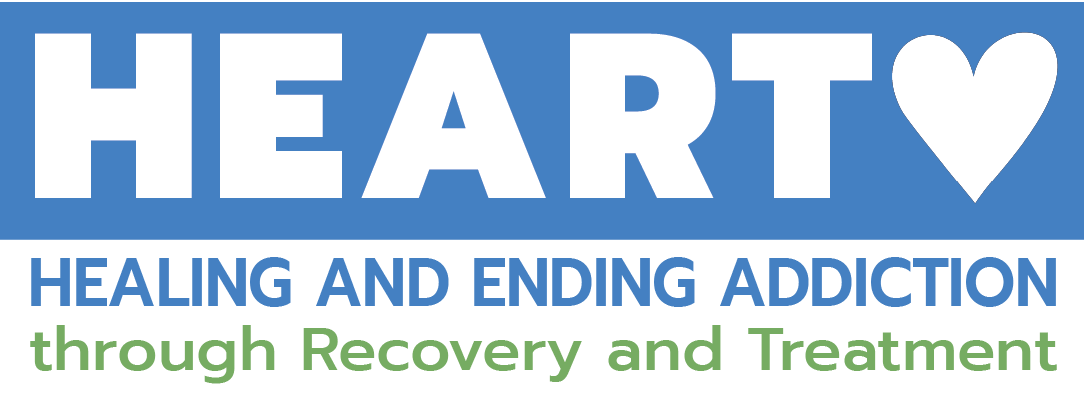Contingency Management
The Problem
Montana has seen growing use of stimulants, including methamphetamine and cocaine. The state’s methamphetamine‐related death rate was 7.2 per 100,000 people in 2019, compared to the national average of 5.7 per 100,000 people. Twenty four percent of the state’s 2019-2020 overdose deaths were related to methamphetamine/amphetamine use.
The Intervention
Contingency management is the most effective evidence-based treatment approach for stimulant use disorder, with studies showing that contingency management is associated with greater reductions in stimulant use and greater retention in treatment than other programs. Under the contingency management program, individuals will receive incentives following the submission of a stimulant-free urine sample. This incentive is part of a structured treatment program to reinforce behavioral change.
A Montana pilot of contingency management found strong benefits for contingency management, including treatment retention. The approval of contingency management under the HEART waiver will support the continuation and expansion of this service.
Montana is the third state to receive federal approval to provide this benefit under Medicaid. Despite contingency management’s status as an accepted, evidence-based treatment, allowing a state to use Medicaid dollars to pay for this program is novel.
Implementing the contingency management program will help Montana address the ongoing substance use crisis by expanding coverage for and access to an effective evidence-based stimulant use disorder intervention. Offering contingency management services will also advance Montana’s commitment to strengthen the full continuum of behavioral health and treatment programs for Montana communities.
Covered Services and Eligibility Criteria
Contingency management is a structured 12-week intervention program where individuals who participate in the program can receive incentives for non-use of stimulants. The incentives help trigger the brain’s reward systems in the absence of stimulant use.
Medicaid enrollees who meet the following criteria may be eligible for Medicaid-funded contingency management:
-
- Aged 18 years of age or older; and,
- Have a stimulant use disorder.


